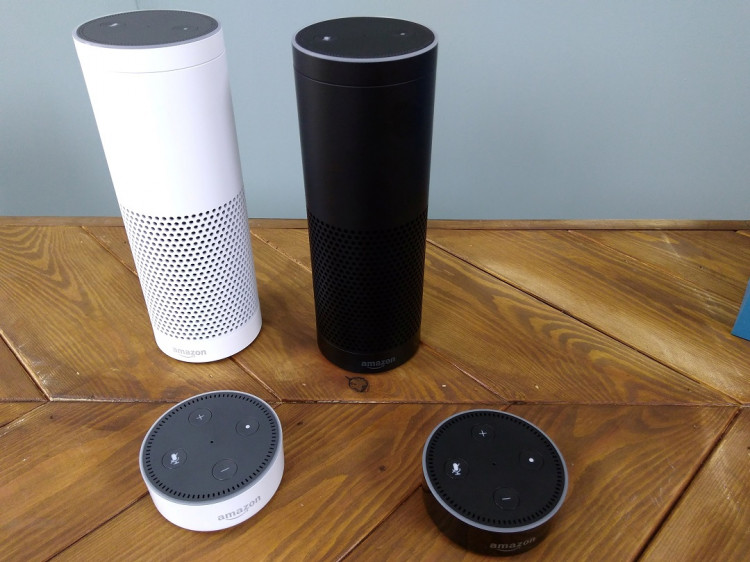The Infinite Dial, America's annual survey of digital media consumer behavior, was conducted earlier this year in which data concerning consumers' use of social media, music streaming, podcasts, and smart speakers were gathered. Results of the survey were released by Triton Digital and Edison Research last week, and the findings are quite interesting.
Keep in mind that the survey was conducted before the COVID-19 pandemic took its toll, but the results still presented good news for the companies involved. If the survey was done in our current setup today, usage may have been even greater.
According to the Infinite Dial survey, 62% out of 1,502 respondents said they use a voice-based virtual assistant through their smartphones or computers. It's worth noting that interactive voice has been considered the next big thing in terms of human-computer interaction in mobile phones, so it's interesting to find out that some people actually use virtual assistants while on their computers.
In line with that figure, there has been an increase in smart speaker usage from last year's count -- it's now at 27% compared to 2019's 24%. In fact, most respondents own at least two smart speakers at home and those who own three or more also saw an increase within just a year. As you might have expected, Amazon's Alexa is still the most popular voice assistant of all.
Last month, a report published by eMarketer also said that Amazon's popularity will continue to push the company up in the U.S. smart speaker market. As for rivals Apple and Google, they will have little effect on Amazon's market share.
An estimate from the analyst firm indicates that nearly 70% of smart speaker owners in the U.S. will continue to use the Amazon Echo. This will ensure the company's top spot through 2021.
It's also believed that more people will continue to patronize smart speakers this year, with users predicted to reach 83.1 million. Next year will be quite different, as growth will dip into the single digits. That's not to say that those users are not taking advantage of voice assistants, though. The numbers imply that smart speakers are merely one of the devices that people commonly use when talking to voice assistants.
It's believed that people will get used to using voice assistants more and will start using them in other smart devices, like in appliances and vehicles. While Siri and Google Assistant still have a long way to go to achieve Alexa's popularity, they do contribute to consumers' reliance on voice assistants these days.






